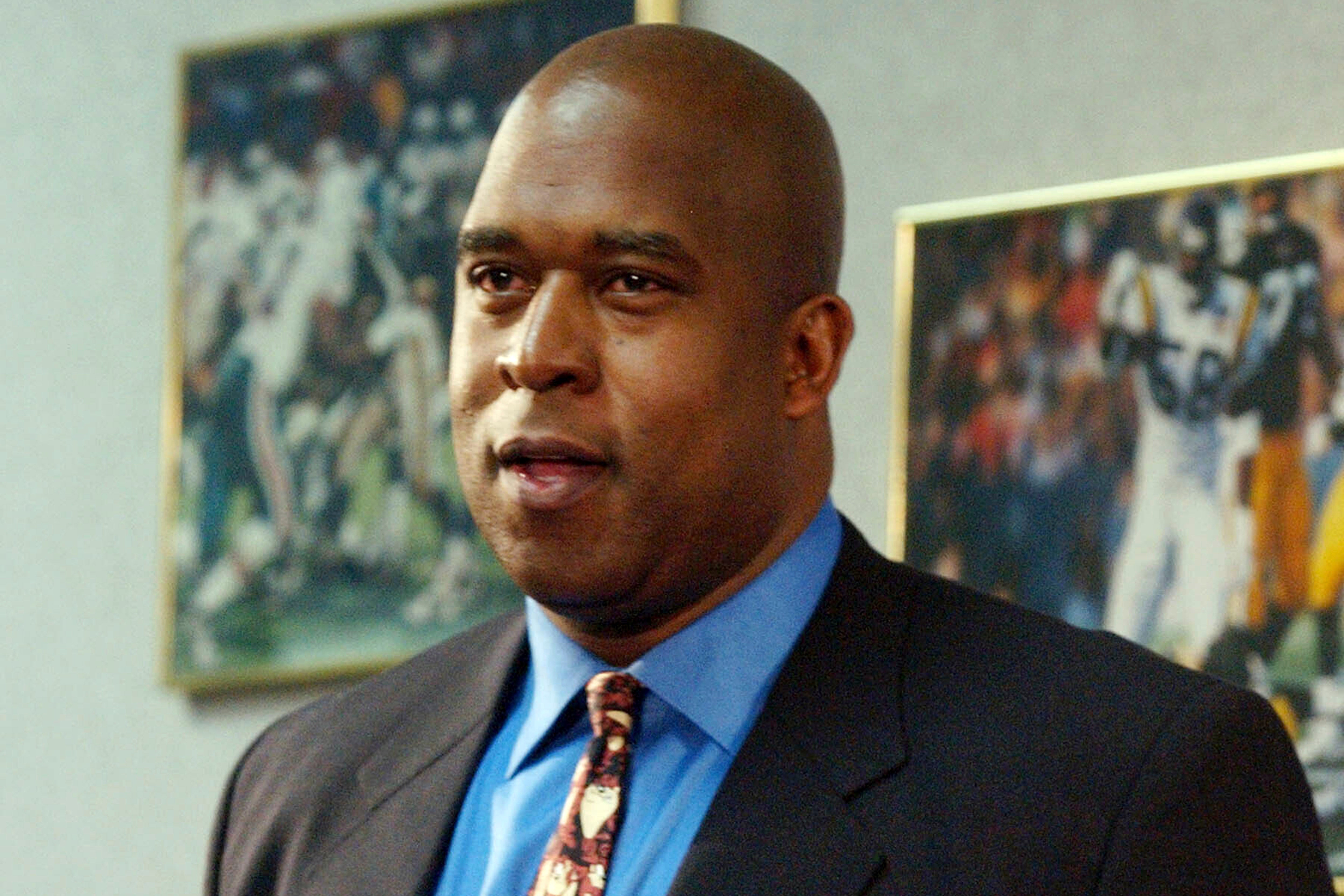Ex-part owner of Minnesota Vikings gets over six years in cryptocurrency scam
A former Minnesota Vikings part owner who defrauded a short-lived professional football league while carrying out a $700 million cryptocurrency scam has been sentenced to over six years in prison

Your support helps us to tell the story
From reproductive rights to climate change to Big Tech, The Independent is on the ground when the story is developing. Whether it's investigating the financials of Elon Musk's pro-Trump PAC or producing our latest documentary, 'The A Word', which shines a light on the American women fighting for reproductive rights, we know how important it is to parse out the facts from the messaging.
At such a critical moment in US history, we need reporters on the ground. Your donation allows us to keep sending journalists to speak to both sides of the story.
The Independent is trusted by Americans across the entire political spectrum. And unlike many other quality news outlets, we choose not to lock Americans out of our reporting and analysis with paywalls. We believe quality journalism should be available to everyone, paid for by those who can afford it.
Your support makes all the difference.A former part owner of the Minnesota Vikings who defrauded a short-lived professional football league known as the Alliance of American Football in a $700 million cryptocurrency scam was sentenced Monday to over six years in prison.
Reginald Fowler, 64, of Chandler, Arizona, was sentenced in Manhattan federal court to six years and three months in prison and was ordered to forfeit $740 million and pay restitution of $53 million.
The Alliance of American Football met a speedy end in 2019 when it ran out of money.
Prosecutors said Fowler lied to the league’s executives when he claimed to control bank accounts with tens of millions of dollars from real estate investments and government contracts that he could use to support the league.
In 2005, he tried to buy the NFL’s Minnesota Vikings, becoming a minority owner before his involvement in the team ended in 2014.
U.S. Attorney Damian Williams said in a statement that Fowler broke the law by processing hundreds of millions of dollars of unregulated transactions on behalf of cryptocurrency exchanges that were used as a shadow bank.
“He did so by lying to legitimate U.S. financial institutions, which exposed the U.S. financial system to serious risk," Williams said. “He then victimized a professional football league by lying about his net worth in exchange for a substantial portion of the league.”
In a sentencing submission, defense lawyer Edward Sapone wrote that Fowler was heartbroken that he let himself engage in crimes after over six decades of extraordinary contributions to family and community.
“Reggie is extremely remorseful,” Sapone wrote. “The American Football League didn’t benefit from the investment that Reggie had planned to make. Reggie’s bank accounts were frozen, he could not secure the investment money, and he was not able to invest the large sum of money he promised to invest.”